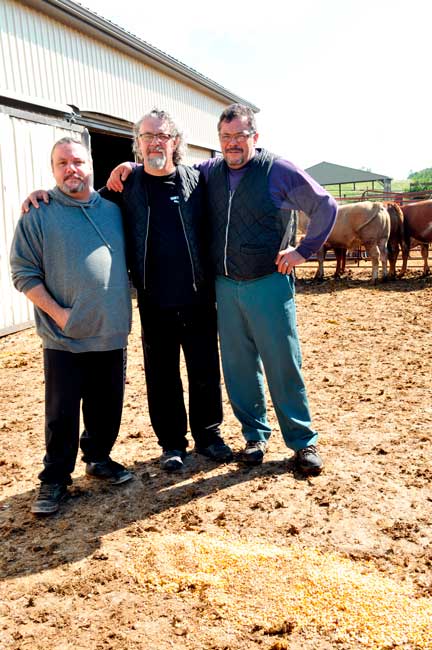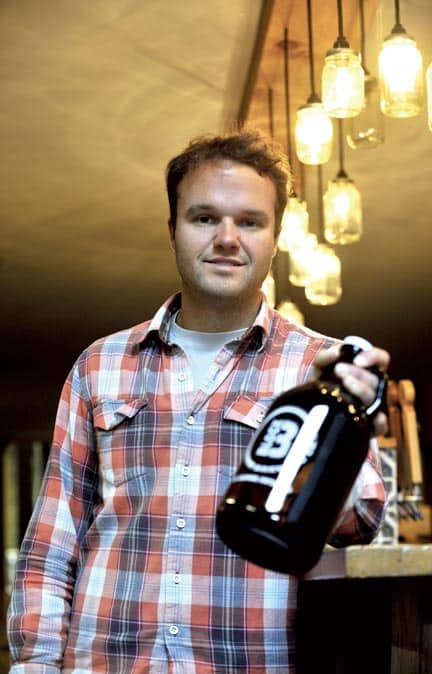When Pauline Black came to prominence on the British music scene in 1979, decked out in her instantly iconic wardrobe (all fedoras, blazers, checkered-shirts and ties), her very presence was almost historic. As leader of the seminal ska band The Selecter, she was a black female star in a musical genre where black women were few and far between.
Since breaking up in 1982, The Selecter has reunited occasionally, but now Black, Arthur “Gaps” Hendrickson, and several new members are embarking on the band’s most sustained regrouping since the Thatcher era with a North American tour (including a stop at Waterloo’s Starlight Social Club). The Selecter’s debut album, Too Much Pressure (released in 1980), spoke strongly to the racial angst and political frustrations of its young audience. Now that Black is more than 30 years older – having long since transitioned from enfant terrible to living legend, does she have a new perspective on the music?
“Well, I hope that I’ve matured a bit,” laughs Black from her home in the U.K. “Believe me, over the ensuing years, you build up a head of steam in terms of things you might find too much pressure. There’s probably more now than there was then, so it isn’t a question of not being able to relate to those things anymore.
“You see things over the passage of time,” she continues. “In the U.K., it was a recession within the country. Now we don’t have recessions in countries – we have global recessions that affect everybody. We are that much more interconnected, much more so than we were thirty-odd years ago. We still sing about those things, and I feel those things haven’t gone away.”
This interconnectedness is something that Black and The Selecter are exploring with their newest album, String Theory – the title of which has a double meaning.
“String Theory was very much supposed to be [about] the connection between the past and now – the piece of string we’ve been hanging on to get us to here. But also, it’s just trying to describe the interconnectedness of things and people. It’s not isolated countries now trying to busy themselves, getting themselves out of their own holes of debt or bad living conditions; those things are pretty much all-pervasive, with a very small proportion of the people making the gravy.”
The Selecter’s new tour comes fresh off the success of Black’s bestselling memoir, Black by Design (2012), which recounted her upbringing as the adopted daughter of white parents in the all-white town of Coventry. “I just wanted to talk about the time that we lived through, being able to refract that through both a black lens and a white lens,” she says.
“I was very much brought up as a little white girl in this country, but when you get out in the world in your teens, you’re identified as black and female and all that entails, and you have none of the reference points to deal with the problems that are going to come your way in what was then a predominately racist society.”
In earlier interviews, Black said that performing in front of an audience was the first time she felt she “fit in.” “I think I’ve got over that,” she says, but now as much as ever, The Selecter is a means of self-expression.
“I feel that if you’re in a band, it’s much better to be in a band where you’re actually saying something. If you step on a stage and can stand there at the microphone with your guitar and you know why you’re there – not as some kind of an ego trip – you’re there because you might have something to say, and there might be somebody out there who might want to listen to it.
“Music was the way I thought I could best air the things that I believed in or thought about with other people. And I still feel like that.”
The Selecter will perform at the Starlight in Waterloo (47 King St. N.) on September 18. Doors open at 8 p.m. Tickets are $32 in advance, and can be ordered at www.starlightsocialclub.ca.









